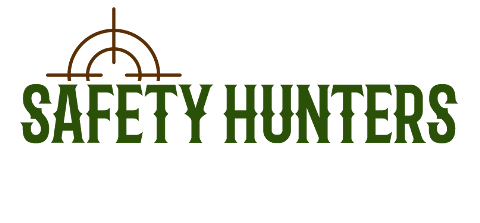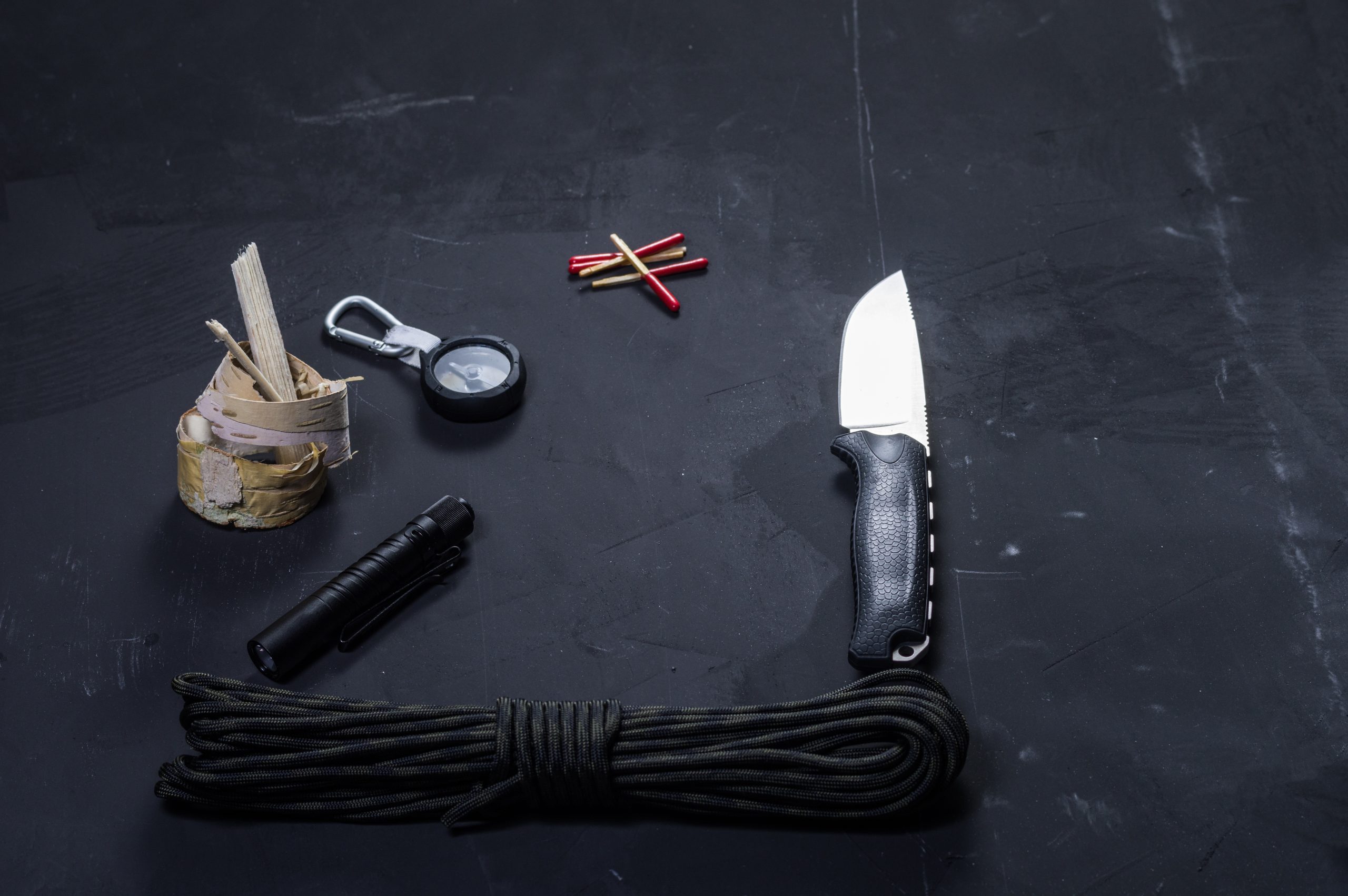Last Updated on October 17, 2022 by admin_hunter
If there’s something every hunter have in common, it’s being outdoors. There is always something liberating about being out in the wild. It’s so much fun…until it’s not. There are a lot of things that can go wrong out there, after all. This would lead us to ask “What should every prepared hunter carry for outdoor emergencies?”
As such, we are going to talk about just that, along with the common types of hunter accidents and outdoor emergencies you might encounter and more tips on how to avoid them.
What Are the Different Types of Hunter Accidents and Outdoor Emergencies?
Our main focus is sharing with you a quick checklist on the things you’ll need to be prepared for the unexpected out there, but first, what are these possible accidents anyway? Knowing what you might face out there will help in determining the things you’d want in your preparedness kit, so here they are:
1. Shrapnel
This is one of the most common accidents that can happen to a hunter out there. You can either get hit by the debris caused by your own weapon or by other hunters’, and it might come from a chunk of a tree or other objects.
2. Direct Impact
Getting hit by random debris can be considered as indirect impact. Unfortunately, one can also suffer from a direct impact caused by gun mishandling or confrontation with another hunter or by a property owner.
3. Drowning
Another common outdoor emergency is drowning. This is the reason we always recommend hunting with a buddy. Animals usually congregate near bodies of water, so you’ll be surprised on how many hunters suffer from falling into a lake due to a misstep or worse, due to a boat capsizing.
4. Animal Attacks
Finally, hunters are also at risk of being attacked by animals. It can get especially problematic if it’s a large creature. This usually happens when hunters approach an animal that they believe they have already shot dead, but were mistaken.
Never underestimate an injured animal. Even the weakest ones can still injure you severely if you’re not careful.
There are surely other types of accidents you can encounter out there, but the events we listed above are the most common ones.
What Should Every Prepared Hunter Carry?
Now that we know what we must prepare for, let’s start prepping. Here are the things that every prepared hunter should carry during their outdoor expeditions:
1. Medicine Kit
It’s a given that you need your medicine kit to be equipped to treat wounds. You need a wound cleaning solution, bandages, tape, and pain killers. If you know how to suture a wound, then you should get your medicine kit supplied for that too.
We have noticed, though, that most people tend to forget to include their prescription medicine in their first-aid kit. Don’t commit the same mistake. In fact, if you need epinephrine or insulin injections, you should include those too!
2. Phone or a Two-Way Radio
You must have a device which will allow you to communicate with other people. Don’t forget to put your gadgets in a Ziploc bag to keep them dry.
3. Power Bank
Your phone and other digital devices might run out of charge. This is even more problematic if you’re hunting in colder regions. Hence, it’s always helpful to keep a fully-charged power bank ready when you need it.
4. Whistle
Aside from having a phone or a radio, having another signaling device on your body, like a whistle, can help too. It can help rescuers find you easily.
5. Fire Makers
We say this in plural form because they should be scattered all throughout your gear and clothing. You do not know if you get stranded due to inclement weather, so you need a fire maker to keep you warm and give you light in case you need to spend the night in the outdoors.
6. Meal-Replacement Bars
You will never know what might happen out there, but having enough food to get by, even if it’s just for a few days, can mean the difference between life and death.
7. Water Purifying Items
Now that you have food, you will need water as well. Have water purification tablets on hand, just in case your own water stash runs dry. Similarly, you can purchase and bring with you a personal water filter. This way, you can get water from any water source without worrying about pollutants.
8. Waterproof Light Source
There are different options out there. In fact, we’ve seen powerful pocket-sized flashlights. We recommend getting one with a hook that will allow you to attach it to your shirt or the brim of your hat.
9. Knife or Multi-Tool
A quality knife and/or multi-tool is also recommended. Having a gun and enough ammunition is great as far as survival weapons go, but the utility of a sharp knife is always invaluable.
10. Navigational Devices
Finally, don’t forget to equip yourself with things which will help you find your own way. The GPS you have on your phone or your digital device may be well and good, but as what we mentioned above, they might run out of charge.
Lots of things can happen. That’s why we always swear by the traditional printed map and compass.
Hopefully by equipping with the gear we listed above, you would be able to prepare for most of the emergencies that might happen out there.
More Tips on How to Avoid Hunting Accidents
Aside from going through the checklist, here are more tips you can keep in mind in order to minimize hunting accidents and just make your hunting trips safer in general:
1. Dress for the Occasion
Some hunters enjoy wearing camouflage because it does allow them to easily blend in well with their surroundings. However, this might also make it difficult to spot for other hunters within the area. That’s why we recommend wearing neon colors (like orange) instead.
You also want to wear sturdy footwear and one that offers a lot of traction. A pair of boots is a good choice since it can support your ankles too—something to keep in mind if you’re burdened with a heavy pack whilst hunting on slippery ground.
2. Be a Responsible Gun User
Much has been said about gun ownership and the risks that it poses to the community. In reality, it will all boil down to whether or not the weapon is wielded by a responsible owner.
3. Hunt Sober
Never hunt under the influence of alcohol, prescription drugs, and other substances that impair your senses and judgment.
Conclusion
Now that you know what should every prepared hunter carry, you would be well equipped for emergencies. Nonetheless, in the end, safety is a three-way process. It depends on your preparedness, a focused state of mind, and of course, the conscientiousness of the people you hunt with.

